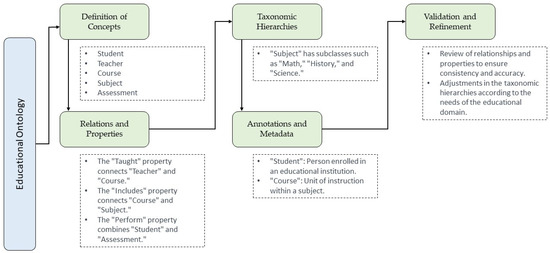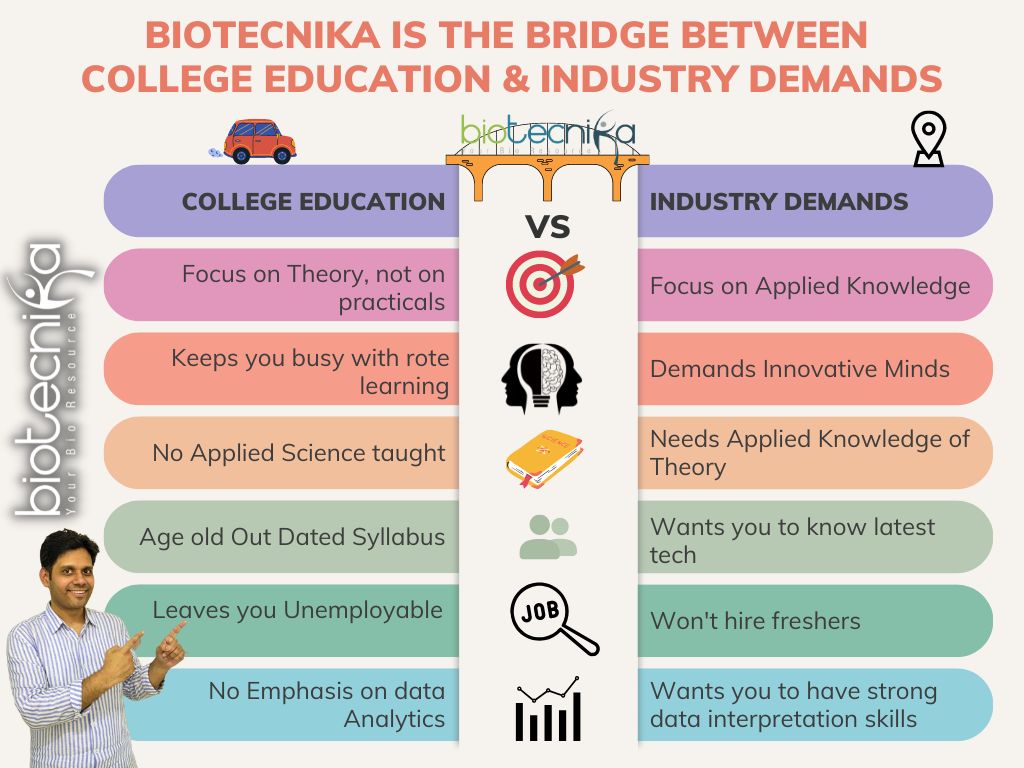Little Known Questions About Bioinformatics Tutor.
Table of ContentsAll about Bioinformatics TutorThe 9-Second Trick For Bioinformatics TutorOur Bioinformatics Tutor PDFsA Biased View of Bioinformatics Tutor5 Simple Techniques For Bioinformatics Tutor
Of the total amount individuals included in the training, 80% were students from public college establishments, while the staying 20% originated from personal institutions. To get approved for a certificate of participation, pupils were called for to attend at the very least 90% of the total training hours. As a result of this need, a remarkable 95% of the participants effectively obtained their certificates, having not only satisfied the minimum attendance standards however likewise finished all assigned activities throughout the training.
Throughout the elevation of the COVID-19 pandemic, specifically between June and August 2020, the job team was charged with organizing specialized training in bioinformatics. This training was especially aimed at pupils from the study group Center for Research study in Applied Computing at the Federal College of Pará (UFRA) The adjustment to remote learning systems due to the pandemic produced a possibility to explore new teaching methods and electronic devices that enhanced both reach and efficiency.
This training course was developed to supply an obtainable yet extensive overview of Artificial Knowledge methods, specifically as applied in bioinformatics (Bioinformatics Tutor). This virtual format allowed involvement from trainees throughout Brazil, many of whom may not have had the chance to go to in-person sessions.
What Does Bioinformatics Tutor Mean?
Roughly 50% of the total training hours were committed to functional activities where trainees developed intelligent versions and applications in an array of clinical domains, consisting of genes, molecular biology, and ecological information evaluation. These systems enabled pupils to engage in real-time data manipulation, version training, and formula experimentation.
The program drew in 80 individuals in total amount. Sixty of them were associated with different higher education institutions in the state of Pará, while the staying twenty came from organizations situated in five other Brazilian states. This wide geographical representation highlighted the nationwide rate of interest in bioinformatics and the growing need for specialized abilities in this area. By introducing Expert system in a relevant and sensible context, the campaign served to connect the gap between theory and real-world application, giving students with a strong foundation for future research study or employment in the area.
The training initiative created component of a more comprehensive scholastic outreach initiative recognized as the Bioinformatics when traveling project. This job has, over the years, presented lots of pupils to the world of bioinformatics and computational biology. The occasions held under this umbrella campaign have actually happened across several regions and years, as summed up in Table 1 (Checklist of events, areas, years, and total numbers of pupils and teachers)
Several of these groups, originally brought with each other by their participation in training occasions, have given that gone on to create independent scientific research in partnership with local scholastic establishments. The training not just cultivated clinical thinking within the context of bioinformatics yet also sparked joint relationships that extended beyond the training environment.
Bioinformatics Tutor - The Facts
The very same group, omitting IH and RR, likewise acted as tutors for the useful training modules. Funding for the project was supplied via the give 88887.200562/ 2018-00 from CAPES.
The Federal College of Pará's Workplace of Research study (PROPESP/UFPA) additionally offered financial backing, specifically for the manufacturing of the final manuscript. The writers declare no commercial or monetary problems of interest that could have affected the research study. Furthermore, all viewpoints and interpretations expressed in this post are entirely those of the authors and do not necessarily mirror those of their particular establishments, the publisher, editors, or reviewers associated with the publication process.

More About Bioinformatics Tutor
From a pedagogical perspective, the training method made use of in the training was deliberately interactive. Courses were conducted in a fashion that encouraged pupil engagement and discussion, surpassing memorizing memorization to check out exactly how concepts are established, used in content every day life, and checked in scholastic setups. The training philosophy concentrated on nurturing both strong and struggling students, providing individualized support, and building confidence with continual mentorship and patience.

Each group, including about 36 individuals, was supported by three advisors-- a lot of whom were postdoctoral scientists with specific competence. These advisors not just aided make the team jobs but additionally promoted their implementation, making certain that each study question was both appropriate and suitably challenging. The goal was to supply a naturally sensible context that participants could discover through flexible goals and accessibility to curated datasets.
For additional understandings into the approach and end results of this project-based discovering approach, visitors are directed to S1 Text, that includes detailed summaries of the pedagogical framework, evaluation methods, and job styles made use of pop over to this site in the training sessions.
More About Bioinformatics Tutor
Of the overall individuals entailed in the training, 80% were pupils from public higher education and learning organizations, while the continuing to be 20% came from exclusive organizations. To certify for a certification of engagement, pupils were called for to attend at least 90% of the total training hours. Especially, beyond the students that signed up in the training sessions, seven experienced instructors got involved in delivering the training courses, while 3 dedicated study teachers worked with the total training process. Around 50% of the total training hours were committed to sensible tasks where trainees developed smart designs and applications in an array of scientific domain names, consisting of genetics, molecular biology, and environmental data analysis. look what i found The training not only promoted clinical thinking within the context of bioinformatics however likewise stimulated collective connections that extended past the training environment.